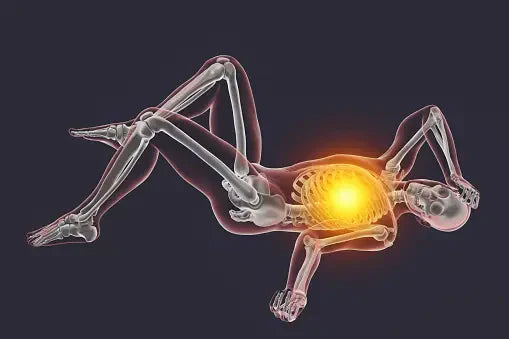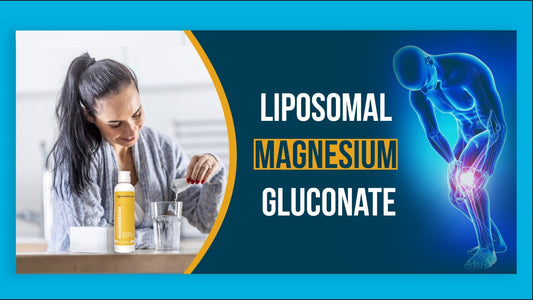

Carbo-Lies: Carbohydrates Don’t Affect Protein Synthesis
Table of Contents
Carbo-Lies: Carbohydrates Don’t Affect Protein Synthesis
by: Robbie Durand
With the recent second place winning of 45-year-old Dexter Jackson at the 2015 Mr. Olympia, more than ever, bodybuilders are learning that you can still pack on muscle at a later age. Additionally, third place contestant Shawn Rhoden is also 40 years old. No longer can we say that “I am 40 years old, I am too old to build muscle.”
Building muscle does take more effort as one ages, as it appears that older adults have a blunted protein synthesis rate or anabolic resistance. Several studies have shown reduced muscle protein synthesis response in the older population when compared with young adults. Furthermore, the addition of free leucine with protein has been shown to increase further enhance in muscle protein synthesis rates in elderly men.
| Another interesting fact, ingestion of whey protein, when compared with intact micellar casein, more efficiently stimulates muscle protein synthesis in the elderly and addition of free leucine to protein can further increase postprandial muscle protein synthesis in older men. The post-workout shake for decades has been a few scoops of protein powder with some carbohydrates, such as maltodextrins or Vitargo for recovery. |

According to a new study published in the prestigious Journal of Clinical Endocrinology and Metabolism, it seems that a leucine-enriched whey protein may be a key ingredient, but carbohydrates are not. Another common belief is that adding carbohydrates to whey protein powders will enhance muscle protein synthesis rates. Researchers wanted to examine the influence of leucine-enriched whey protein impact of increasing protein synthesis. A total of 45 older men (average age of 69) were randomly assigned to ingest:
- 21g of leucine-enriched whey protein with carbohydrate (9g) and fat (3g),
- a similar whey protein drink with 21g of leucine-enriched whey protein without carbohydrate and fat, or
- an isocaloric mixture containing carbohydrate and fat only.
Stable isotope tracer methodology was applied to assess basal as well as postprandial muscle protein synthesis rates in the three groups. At the end of the study, ingestion of a nutritional supplement containing 21g of leucine-enriched whey protein raises muscle protein synthesis rates. However, co-ingestion of carbohydrate and fat with the leucine-enriched whey protein did not affect the postprandial muscle protein synthesis response. The author states, “Following ingestion of the whey protein and leucine supplement, we observed a substantial increase in muscle protein synthesis rate when compared with basal protein synthesis rates. This anabolic response did not seem to be modified by the added carbohydrate and fat, as the ingestion of the nitrogenous supplement resulted in a similar anabolic response.
 Another interesting finding were the insulin levels in the carbohydrate drink. Carbohydrate plus fat coingestion sharply increased the rise in plasma insulin concentrations in the whey protein with leucine and carbohydrates group. These levels were significantly higher than following protein ingestion only. Although the circulating insulin levels were significantly greater in the whey protein with leucine when compared with the protein only group, it did not result in higher post-muscle protein synthesis rates. This goes against the popular belief that carbohydrates are needed for increased protein synthesis rates. These findings imply that nutritional supplements such as whey and leucine can be used to help prevent muscle loss and require protein to stimulate skeletal muscle protein synthesis in older individuals.
Another interesting finding were the insulin levels in the carbohydrate drink. Carbohydrate plus fat coingestion sharply increased the rise in plasma insulin concentrations in the whey protein with leucine and carbohydrates group. These levels were significantly higher than following protein ingestion only. Although the circulating insulin levels were significantly greater in the whey protein with leucine when compared with the protein only group, it did not result in higher post-muscle protein synthesis rates. This goes against the popular belief that carbohydrates are needed for increased protein synthesis rates. These findings imply that nutritional supplements such as whey and leucine can be used to help prevent muscle loss and require protein to stimulate skeletal muscle protein synthesis in older individuals.
Katsanos CS, Kobayashi H, Sheffield-Moore M, Aarsland A, Wolfe RR. Aging is associated with diminished accretion of muscle proteins after the ingestion of a small bolus of essential amino acids. The American journal of clinical nutrition. 2005;82(5):1065–73.
Cuthbertson D, Smith K, Babraj J, Leese G, Waddell T, Atherton P, et al. Anabolic signaling deficits underlie amino acid resistance of wasting, aging muscle. FASEB journal : official publication of the Federation of American Societies for Experimental Biology . 2005;19(3):422–4.
Pennings B, Boirie Y, Senden JM, Gijsen AP, Kuipers H, van Loon LJ. Whey protein stimulates postprandial muscle protein accretion more effectively than do casein and casein hydrolysate in older men.The American journal of clinical nutrition. 2011;93(5):997–1005.
Wall BT,Hamer M,deLangeA,KiskiniA,GroenBB,SendenJM, et al. Leucine co-ingestion improves post-prandial muscle protein accretion in elderly men. Clinical nutrition. 2013;32(3):412–9.
Fleur Kramer I, Verdijk LB, Hamer HM, Verlaan S, Luiking Y, Kouw IW, Senden JM, van Kranenburg J, Gijsen AP, Poeze M, van Loon LJ. Impact of the macronutrient composition of a nutritional supplement on muscle protein synthesis rates in older men: a randomized, double blind, controlled trial. J Clin Endocrinol Metab. 2015 Aug 26:jc20152352.

















